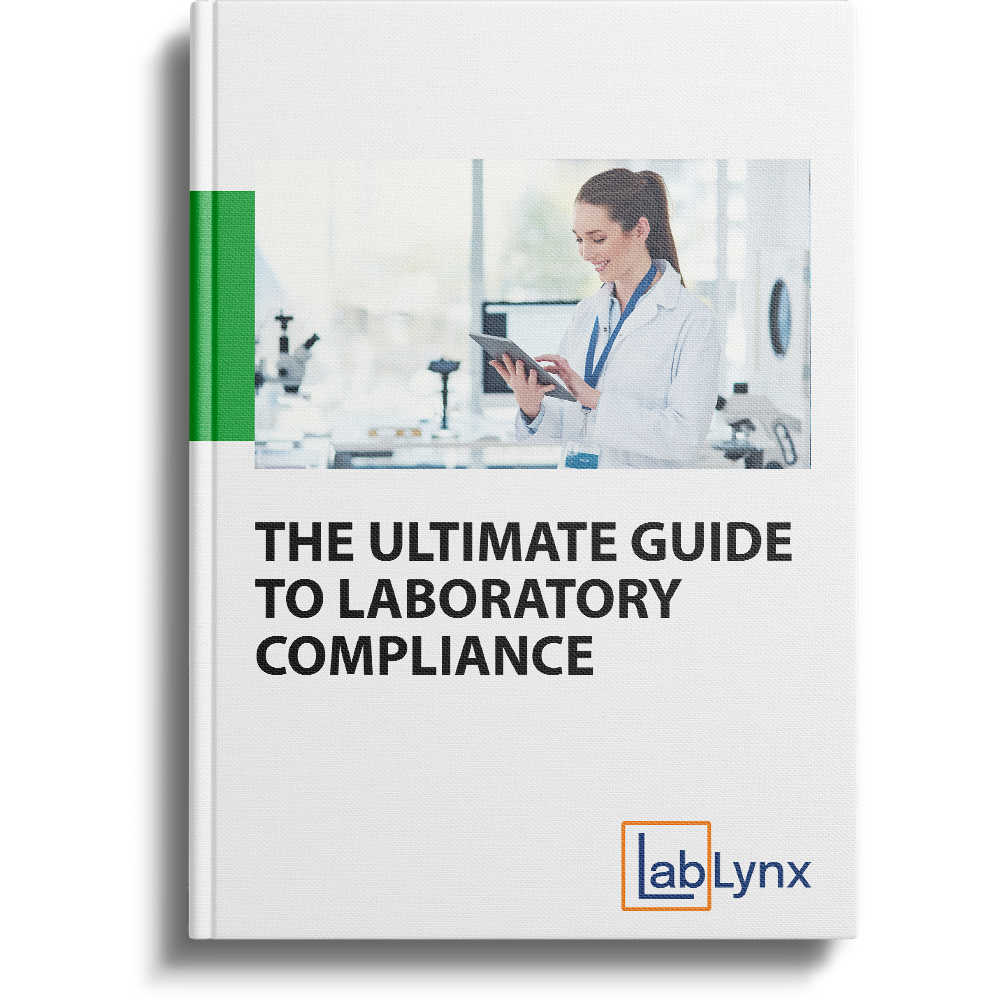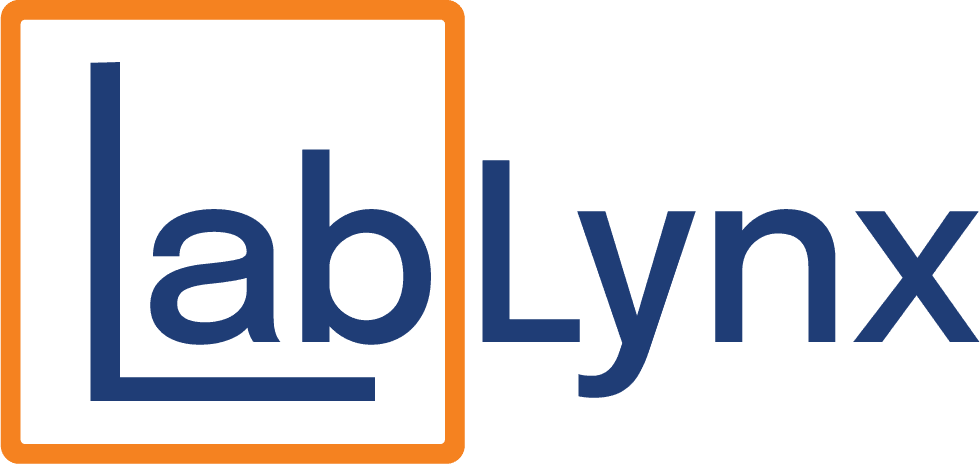Download Book For Free!
Resource Download
"*" indicates required fields

Laboratories operate in some of the most highly regulated environments across industries. From clinical diagnostics and pharmaceutical manufacturing to food testing and forensic science, maintaining compliance is essential for ensuring data integrity, public safety, operational efficiency, and legal accountability. This guide explores the key compliance standards and frameworks that govern modern labs and outlines how they apply based on laboratory type and sector.
Each chapter breaks down the purpose, scope, and operational impact of major standards—helping labs build systems that are not only compliant, but also resilient, scalable, and audit-ready. By understanding these requirements, lab professionals can proactively address gaps, implement best practices, and ensure alignment with global expectations.
Topics covered include:
- Clinical & Diagnostic Labs: Standards like CLIA, CAP, HIPAA, and ISO 15189 for human specimen testing and patient data protection.
- Pharmaceutical & Biotech Labs: GxP, FDA 21 CFR regulations, ICH guidelines, and USP standards governing drug development, manufacturing, and quality control.
- Food & Beverage Testing Labs: FSMA, HACCP, ISO 17025, and GFSI schemes ensuring food safety and validated testing practices.
- Environmental Testing Labs: NELAP, EPA methods, ISO 17025, and hazardous waste regulations for labs analyzing environmental samples.
- Research & Academic Labs: GLP, NIH guidelines, IACUC/IRB, and biosafety protocols ensuring ethical and regulated scientific research.
- Industrial & Manufacturing Labs: ISO/IEC 17025, ASTM, OSHA, and REACH for materials testing, calibration, and workplace safety.
- Forensic Labs: ISO 17025, FBI QAS, SWGDRUG, and CJIS for evidence handling, DNA analysis, and criminal justice compliance.
- Chemical Labs: OSHA Hazard Communication, GHS, REACH, and transportation standards like DOT and IATA for chemical safety and logistics.
Universal Standards for Modern Laboratory Excellence:
- ISO 9001 for quality management across any lab environment.
- ISO 14001 for environmental responsibility and sustainable operations.
- ISO 45001 for occupational health and safety risk management.
- Cybersecurity frameworks such as NIST 800-53 and ISO 27001 to protect sensitive laboratory data.
- Data integrity principles like ALCOA+ and 21 CFR Part 11 to ensure reliable and auditable electronic records.
Whether the goal is to pass an audit, achieve accreditation, or modernize lab operations, this resource equips laboratories with the essential knowledge to meet today’s compliance demands and position themselves for long-term success.
